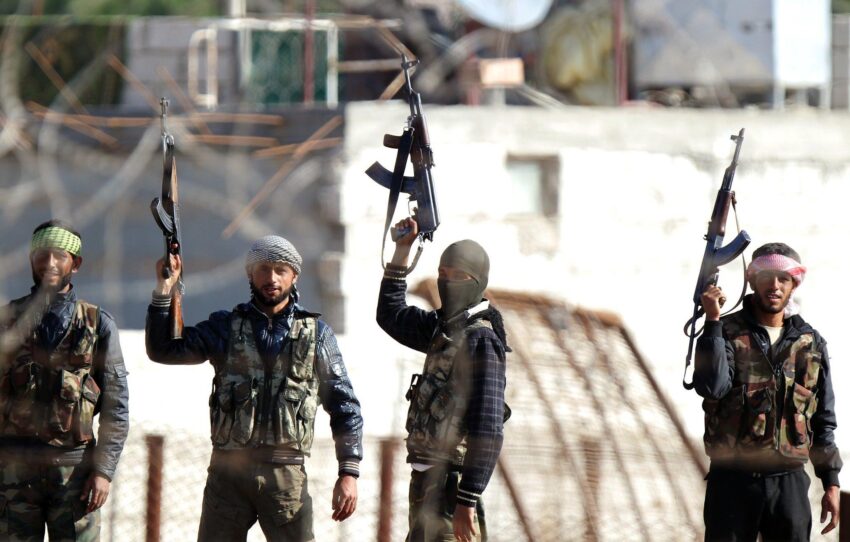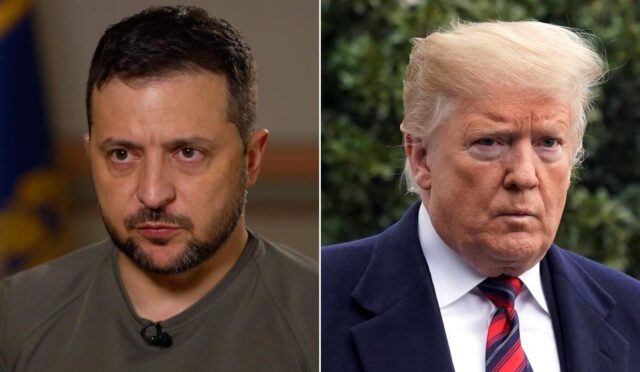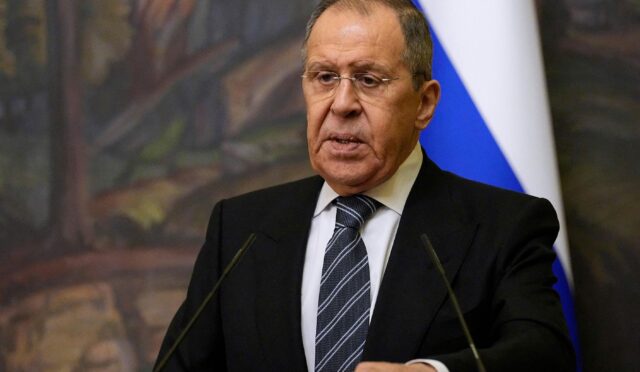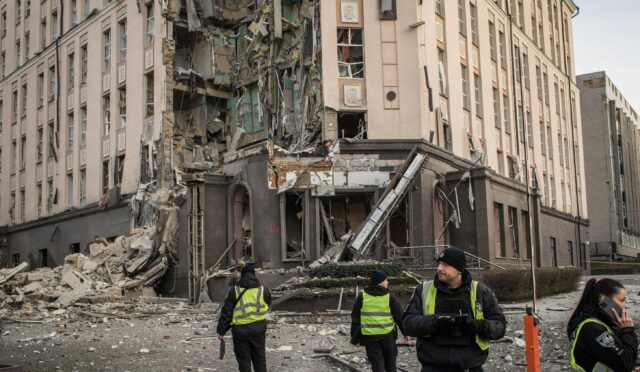Syria’s Rebel Groups to Integrate into Military Forces
In a significant development, Syria’s new authorities announced on Tuesday that they have reached a pivotal agreement with various rebel factions in the country. This agreement outlines the dissolution of these groups and their subsequent integration into the regular defense forces. The announcement was accompanied by images from the state-run SANA news agency, showcasing the new leader, Ahmed al-Sharaa, in a meeting with heads of several armed factions. Notably absent from this gathering were representatives from the Kurdish-led forces located in northeastern Syria.
During this announcement, the authorities shared a message through SANA and their official Telegram account, stating that the meeting concluded with a formal agreement for the dissolution of all rebel groups. These groups will now come under the supervision of the Ministry of Defense, signaling a shift in the military landscape of the country.
State Control Over Weapons
On Sunday, Ahmed al-Sharaa emphasized the new government’s stance on weapons control, asserting that there would be no tolerance for arms outside of state regulation. This directive extends to the Kurdish-led Syrian Democratic Forces, which have played a significant role in the conflict. Sharaa’s statement underscores the authorities’ determination to consolidate military power and eliminate any independent armed factions.
This approach aligns with the new leadership’s vision of a unified Syria, where all military forces operate under the aegis of the state. The integration of rebel groups into the national military framework reflects a broader strategy aimed at restoring order and asserting control over the country’s fragmented security landscape.
Concerns Over Kurdish Forces
Last week, the military chief of Hayat Tahrir al-Sham, a prominent Islamist group that previously led efforts to oust President Bashar al-Assad, made a statement regarding the integration of Kurdish-held areas under the new regime. He affirmed to AFP that the new leadership aims to incorporate these territories, emphasizing a commitment to national unity. His remarks suggested a strong opposition to the notion of a divided Syria, reinforcing the government’s position on territorial integrity.
This declaration raises questions about the future of Kurdish forces in Syria, which have maintained a degree of autonomy throughout the civil war. As the new authorities move forward with their integration plans, the response from Kurdish groups will be critical in shaping the next phase of Syria’s political and military dynamics.
The Impact of a Decade of Conflict
The ongoing civil war in Syria, which has persisted for thirteen years, has resulted in a staggering death toll of over half a million people. This protracted conflict has not only caused immense human suffering but has also led to the fragmentation of the country into various zones of influence. Each of these zones is controlled by different armed groups, many of which receive backing from regional and international powers.
As the new authorities embark on this ambitious integration plan, the challenges ahead are formidable. The complex web of alliances and rivalries among various factions will need to be navigated carefully to achieve a semblance of stability and unity in Syria.







